Good digestion is the cornerstone of good health. When your digestive system works properly, your body absorbs nutrients more effectively, your energy levels remain stable, and you feel lighter and more comfortable. If you want to enhance your digestion without taking medicines or supplements, here are some natural strategies that can help.
1. Chew the food thoroughly

Digestion starts in the mouth. Chewing your meal properly breaks it down into tiny bits, making it easier for your stomach to digest. It also causes enzymes in your saliva to start breaking down carbohydrates earlier in the digestive process. Chew each bite 20-30 times.
2. Eat Slowly and With Awareness

Bloating and indigestion can result from rushed eating. Eat slowly, keep your attention on your food, and stay away from screens and other distractions. Eating in a relaxed setting facilitates greater digestion by putting your body in “rest and digest” mode.
3. Incorporate Foods High in Fibre
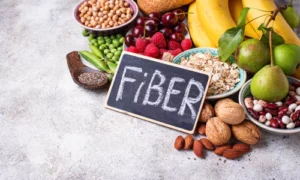
Fibre encourages regular bowel movements and gives your stool more volume. Your daily meals should contain a range of fruits, vegetables, whole grains, legumes, and nuts. For the health of the digestive system, both soluble and insoluble fibre are necessary.
4. Drink plenty of water

Water promotes greater nutrient absorption and meal digestion. Additionally, it prevents constipation by keeping the digestive system lubricated. If you live in a hot area or are physically active, drink at least eight glasses of water.
5. Include Probiotics in Your Food
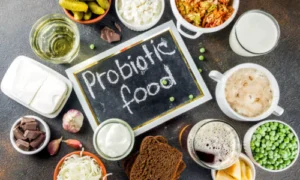
Probiotics are beneficial microorganisms that promote healthy gut ecology. Fermented foods such as kimchi, sauerkraut, miso, kefir, yogurt, and others are great sources. Immunity is increased and digestion is improved by a balanced gut microbiota.
6. Steer clear of overindulging

Your digestive system is strained by overeating, which can cause discomfort, gas, and bloating. Try to quit eating before you feel full by paying attention to your body’s hunger and fullness cues.
7. Engage in Regular Exercise

Your gastrointestinal tract’s muscles are stimulated by physical activity, which facilitates the more effective passage of food. Even a short walk after eating can help with digestion and reduce bloating.
8. Control Your Stress

Because stress changes gut motility and increases inflammation, it can have a detrimental effect on your digestive system. Engage in stress-reduction practices such as yoga, meditation, deep breathing, or spending time outside.
9. Reduce Sugar and Processed Foods

Highly processed foods can slow down digestion because they are generally high in sugar and harmful fats and poor in fibre. Choose natural, whole foods whenever you can.
10. Create a Regular Eating Schedule
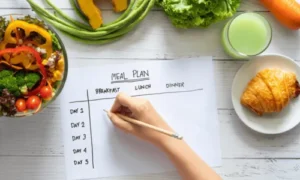
Make an effort to eat at roughly the same time every day. Your digestive system’s regularity might be confused and disturbed by irregular eating habits.
Conclusion
The state of your digestive system has a significant impact on your general health. Over time, you can support and enhance your digestion by implementing easy, natural habits like eating slowly, drinking plenty of water, consuming additional fibre and probiotics, and reducing stress. Recall that consistency is essential.


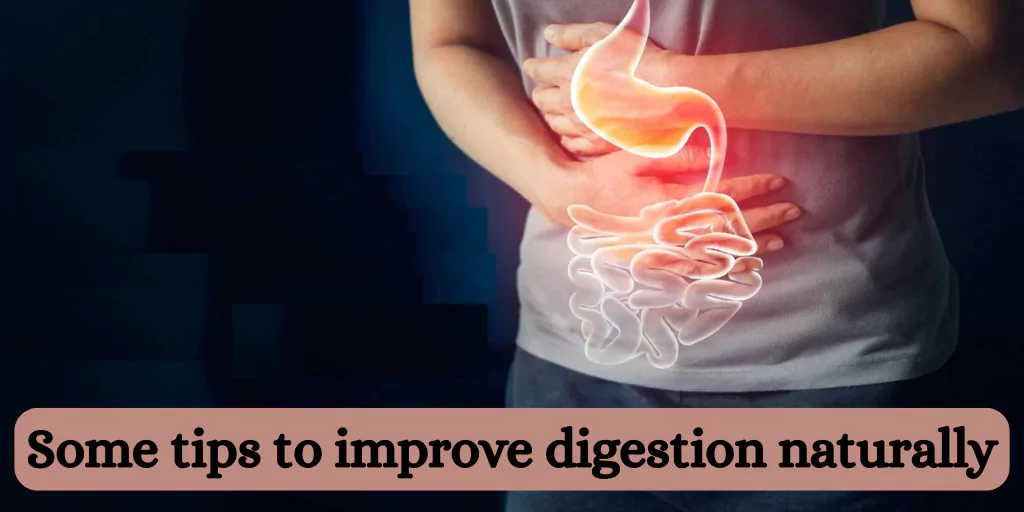
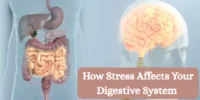



888slot trang chủ
May 30, 2025Truy cập vào link chính thức của 888slot trang chủ để tải ứng dụng. Link này đảm bảo bạn có thể tải ứng dụng một cách an toàn và không gặp phải các vấn đề về bảo mật. TONY12-19
ab-resurs
May 30, 2025Тяговые аккумуляторные https://ab-resurs.ru батареи для складской техники: погрузчики, ричтраки, электротележки, штабелеры. Новые АКБ с гарантией, помощь в подборе, совместимость с популярными моделями, доставка и сервисное сопровождение.
uakino-436
May 30, 2025найкращі комедії онлайн фільми в хорошій якості HD
Georgegus
May 30, 2025Проверенный маркет купить валидные аккаунты FB дает доступ купить соц аккаунты для бизнеса. Если вам нужно купить аккаунт Facebook для рекламы, обычно задача не в «просто доступе», а в качестве фарма: отсутствие вылетов на селфи, наличие пройденного ЗРД в Ads Manager и прогретые FanPage. Мы оформили понятную навигацию, чтобы вы без лишних вопросов понимали что подойдет под ваши офферы до оплаты.Что внутри: типы БМов и лимиты. Важно: покупка — это только вход. Дальше решает схема залива: как вяжется карта, как шерите пиксели без триггеров, как проходите чеки и как дублируете кампании. Особенность этого шопа — это наличие приватной вики-энциклопедии FB, в которой опубликованы рабочие сетапы по разбану кабинетов. Тут доступны акки Meta под любые цели: начиная с дешевых авторегов и заканчивая мощными Кингами с пройденными запретами. Вступайте к нам, смотрите практичные разборы банов, стройте систему и в итоге масштабируйтесь вместе с нами без задержек. Дисклеймер: действуйте в рамках закона и всегда в соответствии с правилами Facebook.
i-tec
May 30, 2025Мультимедийный интегратор i-tec интеграция мультимедийных систем под ключ для офисов и объектов. Проектирование, поставка, монтаж и настройка аудио-видео, видеостен, LED, переговорных и конференц-залов. Гарантия и сервис.